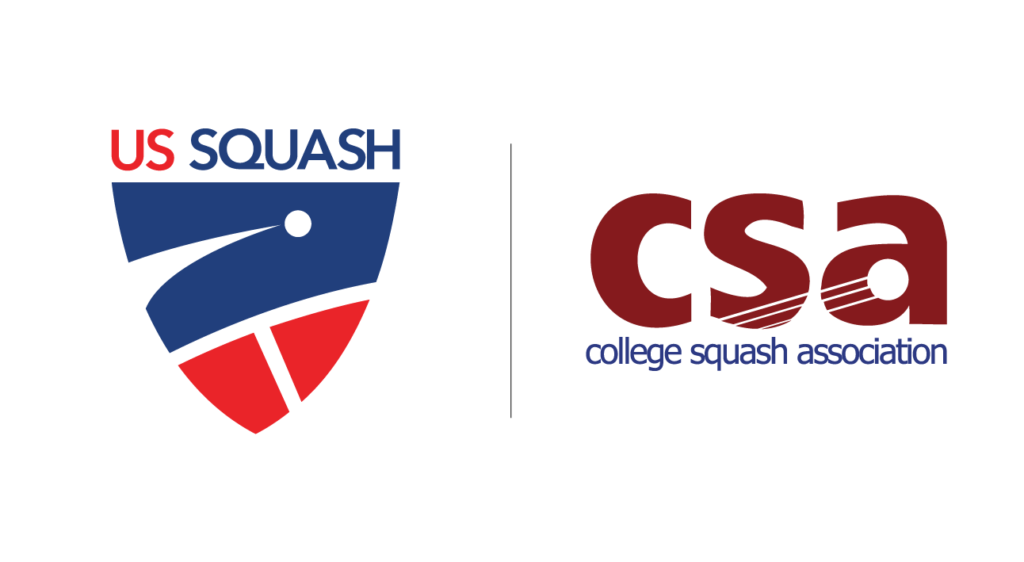 Events over the last five months have impacted and challenged all of us dramatically. Institutions and activities that we have relied on for years disappeared or were put on hold, causing heartbreak and, in some cases, considerable loss. Intercollegiate sports have not been immune, with over 300 varsity programs being discontinued across the country. Unfortunately in the squash world, collegiate squash programs at Brown University, Stanford University and George Washington University have lost their varsity designation.
Events over the last five months have impacted and challenged all of us dramatically. Institutions and activities that we have relied on for years disappeared or were put on hold, causing heartbreak and, in some cases, considerable loss. Intercollegiate sports have not been immune, with over 300 varsity programs being discontinued across the country. Unfortunately in the squash world, collegiate squash programs at Brown University, Stanford University and George Washington University have lost their varsity designation.
Rising to the occasion, the squash community has responded quickly in the face of the ongoing challenges. Many constituents from different parts of the squash world have lent their time, expertise and voice to the efforts of countering these existential threats to the collegiate segment of squash.
The College Squash Association (CSA) is better positioned than ever before to address current concerns thanks to its new governance structure implemented three years ago as a result of a US Squash – CSA Joint Task Force. With an independent board of directors and its first full-time staff member in Executive Director & League Commissioner David Poolman, the CSA has a streamlined and effective leadership structure.
During the last several seasons, the CSA has implemented several positive changes (e.g. a robust incident reporting process, consistent recruiting timelines, age-of-player restrictions, and randomized order of play, to name a few) and is facing the current challenges head-on.
“The CSA has made significant strides in leading and supporting college squash recently,” said Kevin Klipstein, US Squash President and CEO. “They are great partners and have focused on sportsmanship and consistency for all teams. Varsity squash has already seen growth as a result, with UVA, Chatham and Georgetown all adding varsity programs. Collaboration with their leadership, and the coordination of the entire squash community in support of their efforts, will be essential in the coming months and years to counteract the effects of the pandemic reverberating throughout the country.”
For the past several weeks, representatives from US Squash, CSA, and Squash & Education Alliance (SEA) have met and formed a working group to share information and discuss ways to support advocacy efforts. The working group is focused on short-term strategies for program retention and the return of the existing collegiate varsity squash experience, while at the same time building plans for the coordination and investment necessary to significantly expand and diversify varsity playing opportunities in the future.
In rapid response to the Brown University administration’s decision to discontinue their varsity squash teams, squash organization and community leaders offered full support – including letters, advocacy, and guidance – to the Brown squash program’s efforts to achieve reinstatement. In addition, specific short-term collaborative efforts are being made to solidify and strengthen collegiate squash, including:
- Direct contact from the principals of the working group to athletic directors providing an updated, data-rich snapshot of our sport and to impress upon them the value that college squash adds to their communities.
- Strategy sessions focused on connecting coaches with key decision makers in campus communities and increasing teams’ visibility and relevance at their institutions.
- Dissemination of best practices for alumni stewardship, organization and advocacy, diversifying programs, and return-to-play and return-to-competition considerations amidst the COVID-19 pandemic.
- Weekly virtual group meetings and individual conversations with all CSA coaches, assessing each varsity program’s strengths and opportunities for growth.
- Renewed and vigorous exploration of pursuing NCAA status for squash.
- Consideration of further initiatives to continue to increase the diversity of the recruiting pool, particularly racial and socio-economic diversity, on college teams.
The CSA has already taken concrete action to promote the value of the CSA Championships by creating a new championship event, the Collegiate Club Team Championship, which will be operated in conjunction with US Squash. The new event will highlight the growth of college squash, offer greater visibility for the club team players who commit themselves to the sport, and also serve to elevate the significance of the varsity National Championship experience.
The US Squash, CSA and SEA working group will continue to meet regularly and will need assistance from the entire squash community at large to successfully reach the goals for college squash.
“The CSA has always valued its relationships with US Squash and SEA, but the coordinated response to recent challenges by these squash partners has fortified our bond and bolstered our efforts to secure the future of college squash,” said David Poolman, CSA Executive Director & League Commissioner. “Recent announcements by member institutions may have presented some setbacks, but we are spurred on by our recent growth and organizational adjustments, the tangible support we have received from the squash community and campus partners, and the action plans currently being implemented. We intend to emerge from this period as an even stronger entity.”
Poolman continued, “We are keenly aware that college squash is a driving force in the sport. We are committed to doing everything we can to protect the varsity status of current programs, expand on the recent growth, and enhance its potential to serve as a valued experience for more scholar-athletes.”











